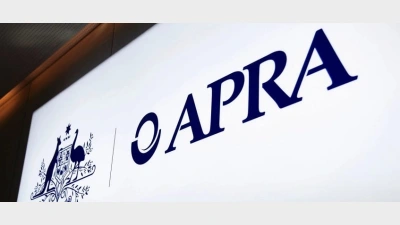Assuming superannuation members are disengaged is dangerous



Superannuation funds are making a dangerous assumption that members aren't engaged, according to managing director of Shannon Company Michael Daddo.
Labelling members as disengaged assumed that they hadn't found the right channel to engage with super funds or the right level to engage on, when in fact they were full of questions about superannuation, Daddo told delegates at the Australian Institute of Superannuation Trustees marketing symposium.
ME Bank research showed that people recognise that super is one of the key drivers of financial research, but also showed that 70 per cent of industry super funds and union members have low financial confidence, general manager of marketing for ME Bank Aimee Suchard-Lowe said.
That proved that something was holding members back from being truly engaged with super, and not necessarily that they didn't care, she said.
Chief executive of the Australian Council of Superannuation Investors Ann Byrne said members needed more communication about their investments, not more marketing.
Super funds also shouldn't forget employers and should make sure these employers understand the fund and why their staff should be in it, Byrne said.
Speaking on a personal level, chief of superannuation services at Equipsuper John Farrington questioned how much real value marketing was providing for members.
Marketing doesn't have as much impact in super as relationships with clients do, he said.
Most members don't read the information sent to them, don't buy account-based pensions as a result of direct marketing, and prefer face-to-face relationships, Farrington said.
Recommended for you
The industry super fund has been ordered to pay $23.5 million after systemic failures caused extensive delays for thousands of insurance claimants.
A new report from the prudential regulator has revealed super funds can act as both a stabilising force and an amplifier of shocks in an interconnected economy.
CFS has expanded usage of its digital advice product to members of its employer super and FirstChoice super accounts.
Superannuation funds are expanding their activities in the advice space and a leading recruitment firm has shared the typical salaries on offer with three funds namechecked for their attractive offerings.










